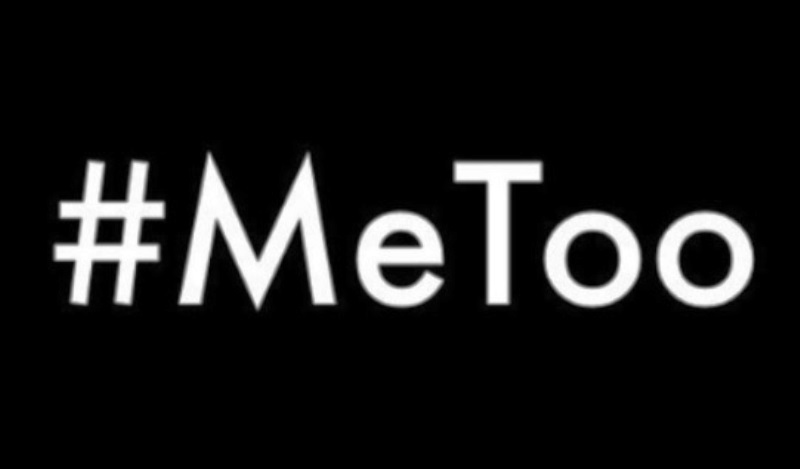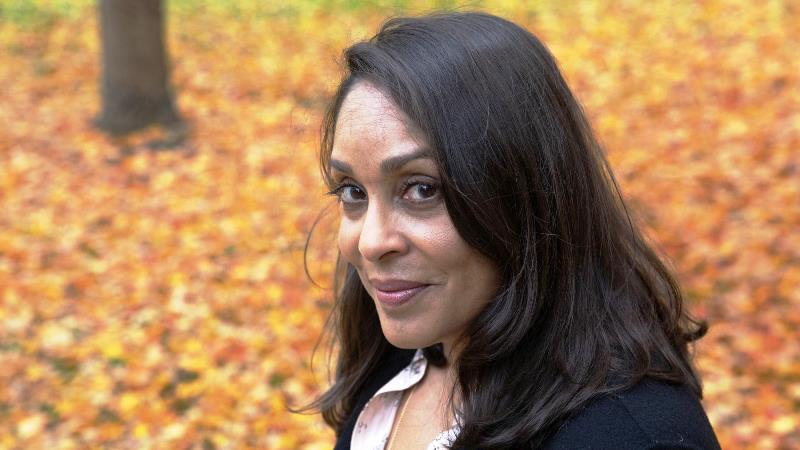Social Media spaces are evolving into spaces where the people, when united, can freely address and bring to light grave problems faced by the society that usually go unnoticed and unheeded. The #MeToo hashtag is a case in point here; it forced people to acknowledge sexual harassment as something real, something that every woman faces almost on a daily basis in varying degrees. What started out as one woman standing up to her perpetrator, soon became a global phenomenon- all of this with one single hashtag. I’m reminded of a song we learnt in school and often sang during our morning assemblies. It went something like this,
One man’s hands can’t tear a prison down
Two men’s hands can’t tear a prison down
But if two and two and fifty make a million
We’ll see that day come around
We’ll see that day come around.
Suggested read: Sexual Consent 101: A Guide That Will Burst All Myths Around Sexual Consent
However, there is a darker, much more disturbing perspective to this story. Yes, millions of women did find the strength to stand up to those who have treated them, their bodies, and their identities as mere playthings. But all those tweets, retweets, Facebook and WhatsApp statuses, and Instagram stories also show how disturbingly high the numbers of sexual violence incidences are and how frequently they occur. It doesn’t matter how old or young you are; every female has been subjected to some form of sexual harassment or the other. Society often misconstrues sexual harassment as any sort of harm that is perpetrated against the female body; we forget that rape is not the only way of harassing a woman’s sexuality. Sometimes, all you need are a pair of functional eyes and a gaze so dirty and disgusting that it will make any woman within eyesight feel like a deer who accidentally strolled in front of a pair of dazzling headlights of an approaching car. It will make her fear for her life. Unfortunately, though, these are instances that go unnoticed, unreported. How do you go the police to file a complaint against a man who groped you while you were making your way through a crowded bus? What do you do when the salesman eyes you uncomfortably when you ask him to help you find a different size for a shirt you want to buy? And since no one seems to be watching or listening to us, these incidents are never addressed but they remain long enough in our memories to impact us as individuals; to instill a sense of fear that refuses to leave our sides no matter how bright the streetlights outside are. You stop getting on buses when they’re too crowded. You’re constantly looking behind your back while you’re walking; sometimes even in broad daylight. You lose your voice, you don’t say a thing and you move on, hoping that if you keep your head down, these things won’t happen to you, that it will help stop sexual harassment. But it never stops, does it?
A hashtag might make people aware about the situation at hand but it isn’t always enough to change the status quo. Indeed, the #MeToo hashtag is a testament to the unhinged misogyny, sexism and sexual violence that pervades across every vein of society; but until people collectively take steps to better themselves, there isn’t much that it can achieve.
Suggested read: The Harvey Weinstein Debate, And What It Means For Hollywood
Here are some ways, we, as human beings, can build a society that doesn’t harass its women, in any way whatsoever; ways we can stop sexual harassment.
As a parent
A woman’s earliest realization that her body is meant to be objectified by unsettling gazes; touched against her consent; and unnecessarily sexualized; happens when she is just a child. Almost every woman has memories of when an uncle touched her in places she didn’t want him to, or when some guy on the street catcalled and teased her as she walked minding her own business. Women all across the globe used the #MeToo hashtag to talk about instances in their childhood when they were sexually harassed and didn’t have anyone to confide in; even if they did tell their parents about it, they were brushed off and made to feel at fault. Parental attitude such as this has led to a generation of young women who are afraid to speak up, who would rather keep quiet and labor through life knowing that they are always the ones to blame; and never the victim who deserves justice and better treatment. As parents, we need to first teach our boys that women are not theirs to own and play with. We need to teach our boys that it’s not okay when they stalk a girl just because he thinks she’s pretty; we need to teach them that forcing a girl to engage in sexual activity with them is not “cool”. We need to teach our boys to be humans. And, we need to teach our girls to be unafraid. Unafraid of who they are and unafraid to seek justice when they are wronged. We need to believe our girls when they come to us telling us that they have been sexually harassed, and we need to remind them that it isn’t their fault. It’s never their fault.
As the media
While growing up, most of children’s ideals and worldviews are shaped by the kind of media they consume. The media’s casual representation of sexual violence is possibly one of the biggest contributors to the growing sexual harassment faced by women. Young boys are told that it’s “cool” to pester girls to go out with them even when they say no; they are taught, by the “handsome hunks” in the movies, that it’s romantic when you follow a girl around everywhere to profess your love for her; it’s a “compliment” when a group of men sit around and objectify a woman walking by because they’re just marveling at her beauty. The media has a pivotal role in the fight against sexual violence. It is imperative that the media stops casually and subtly propagating sexual harassment of women amongst its consumers and takes up the responsibility of educating the masses about various ways in which they endanger a woman and her identity.
As a friend
When joking among friends, we often forget to draw the line between what is funny and what is outright sickening. No, it is not okay to joke about sexual harassment and violence against women. It is also not funny to joke about a woman’s body. Her body and her identity and her life aren’t meant to provide comic relief to yours. As friends, it is also important that we stand by those who have faced sexual harassment and help them in their struggle. Even if you can’t do anything productive about it, you can always be a shoulder of support for them; believe in them and be there for them when they need you. It is especially necessary, that we, as women, are compassionate to each other and empower each other to stand tall at the face of sexual violence.
As a woman
It often happens that, as a woman, we tend to be hostile toward each other. We are our own strength, and if we don’t stand up for ourselves, then who else will? As a woman, it is my duty to ensure that others of my kind know that they can come to me for help whenever need be; that I will believe in them and trust them no matter what. We often end up alienating ourselves from each other, and the isolation is what weakens us, takes our voice away from us. If every woman stands up against sexual harassment, the way we did for the #MeToo hashtag, then there will certainly be scope for a more humane society; one that treats its women the way women ought to be treated.
Suggested read: Are Startups Saying NO To Sexual Harassment Loud Enough?
Things like these are obviously easier said than done. It is almost next to impossible to change mindsets that are centuries old; it is impossible to stop sexual harassment in a day, but we have to start somewhere, right? The #MeToo hashtag and all the support that poured in from all corners of the world will have been in vain if things go back to the way they were once it stops trending. A hashtag may not be enough to change the way the world works, but people are.
Featured image source: Instagram













